Mitt Romney is
Deb Bartholoma's man -- for now.
''It varies from
day to day,'' says the 53-year-old Republican from
Timmonsville, S.C., where she is a county government
official. ''I'm listening to everybody.''
That's typical of
the uncertainty rampant in the three important early
voting states in the struggle for the GOP presidential
nomination. In-depth polling by the Associated Press
and the nonpartisan Pew Research Center shows that in
Iowa, New Hampshire, and South Carolina, no one is a
shoo-in.
Across the three
states, tight battles are being waged for voters' trust
on Iraq, immigration, and other key Republican issues, and
for control of pivotal groups including conservatives,
white evangelicals, and men. And it is Romney, not
national front-runner Rudy Giuliani, who is ahead in
New Hampshire and fighting for the lead in Iowa and South
Carolina -- three very different races. Former
Arkansas governor Mike Huckabee has been surging
lately in Iowa, but is having trouble expanding his appeal
beyond white evangelical Protestants.
Underscoring the
tumult so far, only in Iowa do more than half of
Republicans -- 57% -- say they strongly support their
favorite candidate. That figure is lower in New
Hampshire, 49%, and South Carolina, 44%, an indication
that many have yet to make up their minds.
As for Giuliani,
the former New York City mayor is seen as the most
electable candidate by Iowa and South Carolina Republicans
and is tied with Romney in that category in New
Hampshire. However, solid majorities in each state say
that is less important than finding a candidate they
agree with on the issues.
Further
complicating Giuliani's chances, one fifth of Iowa
Republicans and more than one tenth in New Hampshire
and South Carolina say they cannot support him -- a
distaste only U.S. senator John McCain of Arizona and
U.S. representative Ron Paul of Texas approach. Giuliani is
on his third marriage and has more moderate views than
many Republicans on gays, guns, and abortion.
''A guy you can't
trust in his home and family, how can he be trusted to
run a nation,'' Jesse Hill, 26, a pastor in Unionville,
Iowa, said of Giuliani. Hill supports Huckabee.
Giuliani campaign
officials have said that even without momentum-building
victories in the earliest states, he can win the nomination
by doing well later in Florida, New York, California,
and other big states.
According to the
AP-Pew poll,
-In Iowa,
where the January 3 caucuses will provide the nation's first
votes, Romney has 25% support among Republicans, Huckabee
24%, Giuliani 14%, and former U.S. senator Fred
Thompson from Tennessee has 12%.
-In New
Hampshire, Romney has 37%, Giuliani 19%, and McCain 15%. The
primary is January 8.
-In South
Carolina, where the poll shows voters are less focused on
the race, Romney and Giuliani have 19% each, Thompson
18%, McCain 13%, and Huckabee 10%. Republicans there
vote January 19.
The topsy-turvy
Republican contest in the three early states contrasts
with the less chaotic Democratic races. Though Iowa is up
for grabs, Sen. Hillary Rodham Clinton is a clearer
front-runner than the GOP contenders and has stronger
trust on her party's top two concerns: Iraq and health
care. Democratic voters are also more committed to their
candidates and have far less interest in immigration
as an issue.
The Republican
candidates' struggles to dominate on important GOP issues
spotlight how unsettled the race is in the early states.
Romney wins more
support than his rivals on immigration in Iowa and New
Hampshire, but shares the lead on that issue in South
Carolina with three other contenders. Most of the GOP
candidates talk about how they would tighten U.S.
borders and crack down on the nation's 12 million illegal
immigrants. More Republicans in each of the three early
states say immigrants threaten American customs than
say they strengthen the country, the poll showed.
''I'm not saying
round them up and ship them out, but we need at least to
weed out the criminal element'' among illegal immigrants,
said Curt Ford, 53, a Romney supporter and small
business owner from Conway, N.H.
McCain, the
former Vietnam prisoner of war whose candidacy seemed nearly
doomed last summer, is the most trusted on Iraq by
Republicans in New Hampshire and is tied for the lead
on the issue in Iowa and South Carolina. McCain has
been a vocal supporter of President Bush's troop
increase in Iraq and may be benefiting from recent
reductions in casualties. Large majorities of
Republicans in the three states think the U.S.
military campaign is going well.
Giuliani, whose
rise to national prominence was aided by his response to
the September 11, 2001, attacks on his city, is viewed
by Iowa and South Carolina Republicans as the best
choice for protecting the country from terrorists. He
shares that perception with McCain in New Hampshire.
Huckabee's rise
has been aided by white evangelical Protestants. They
make up nearly two thirds of his supporters in each of the
three states -- a larger proportion than any of the
other candidates.
Yet evangelicals
also illustrate how core GOP voters are divided.
Forty percent of
evangelicals in Iowa support Huckabee, twice Romney's
share. But the Arkansan's backing from that group drops to
24% in New Hampshire and 12% in South Carolina, where
he divides their allegiance nearly evenly with
Giuliani, McCain, Thompson, and Romney.
Huckabee also
exhibits significant weaknesses among non-evangelical
Republicans. Only one in seven supports him in Iowa, and
roughly one in 20 in New Hampshire and South Carolina.
Other GOP blocs
also show fissures. Conservatives and men are evenly
split between Romney and Huckabee in Iowa; Romney dominates
both groups in New Hampshire, and Thompson is stronger
in South Carolina. Republicans who go to church at
least weekly prefer Huckabee in Iowa, Romney in New
Hampshire, and Thompson in South Carolina.
The telephone
survey included interviews conducted November 7-25 with 264
likely Republican voters in Iowa, for whom the margin of
sampling error was plus or minus 7 percentage points;
446 likely GOP voters in New Hampshire, with a margin
of sampling error of plus or minus 5.5 points; and 468
likely GOP voters in South Carolina, with a margin of
sampling error of plus or minus 5.5 points. (Alan Fram
& Trevor Thompson, AP)







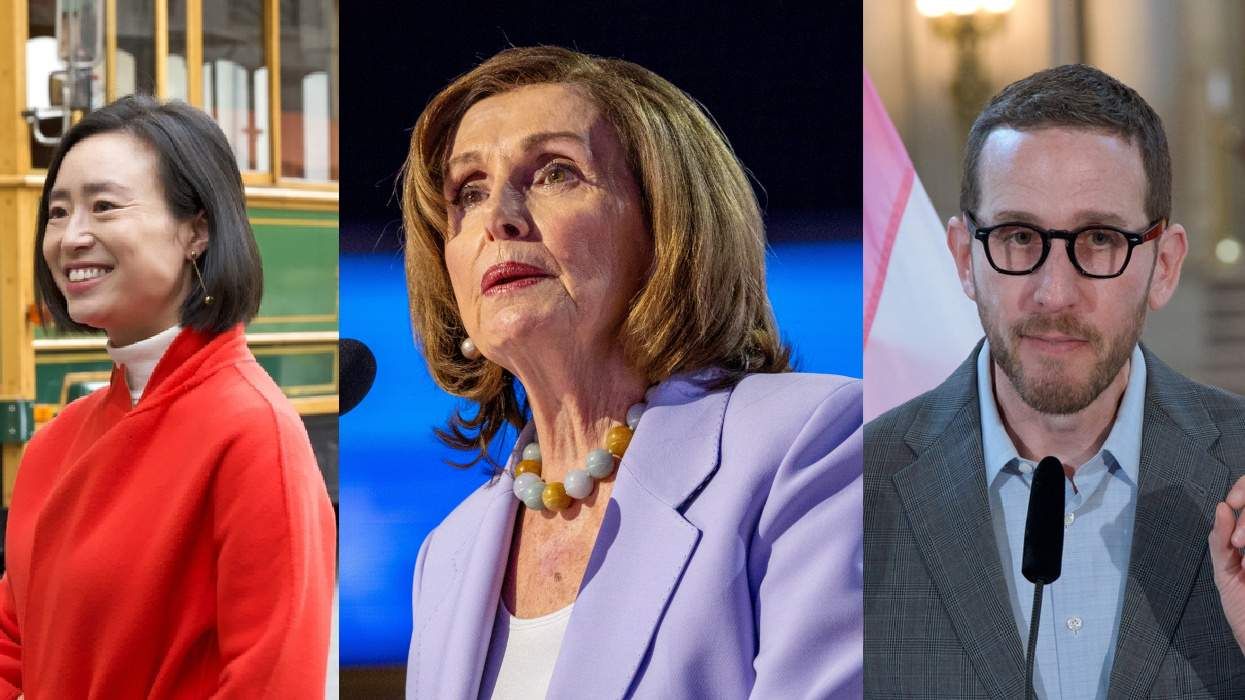
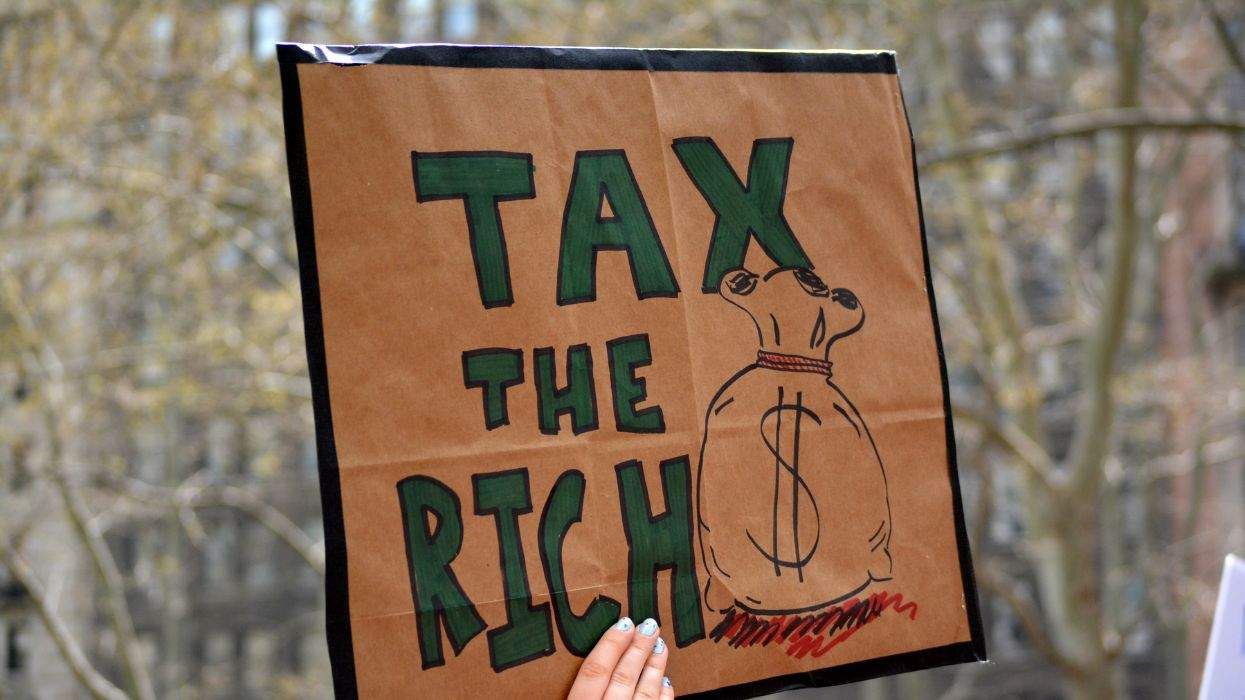
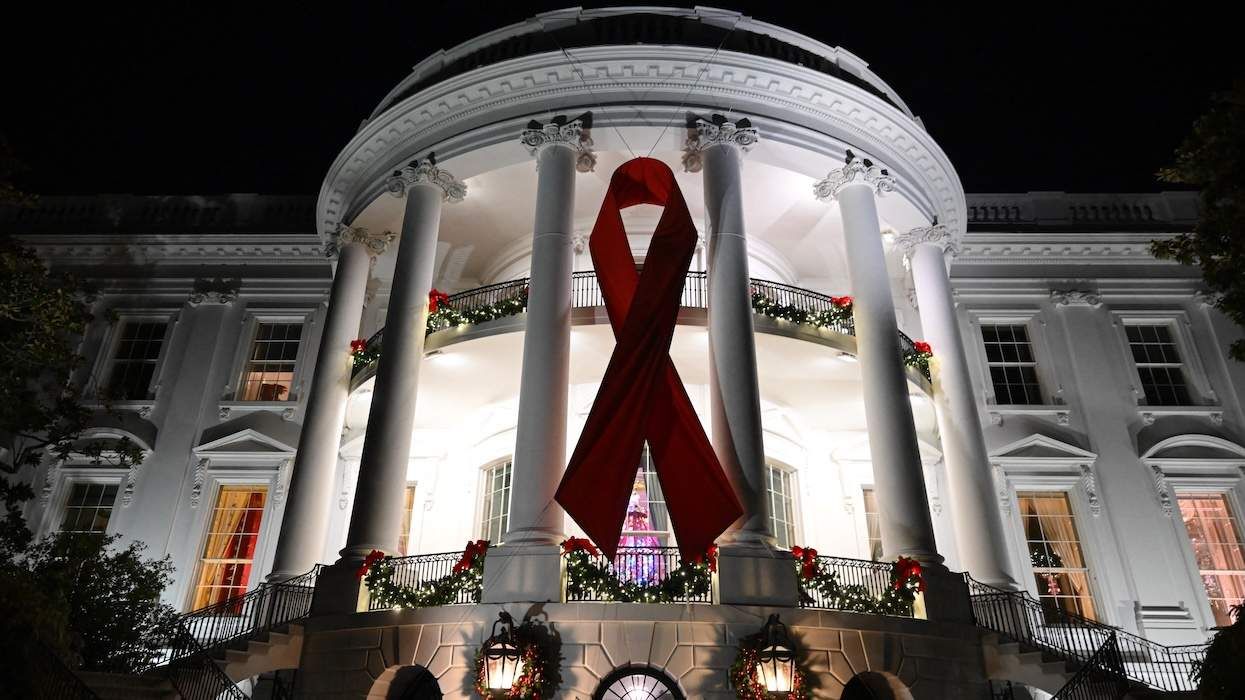
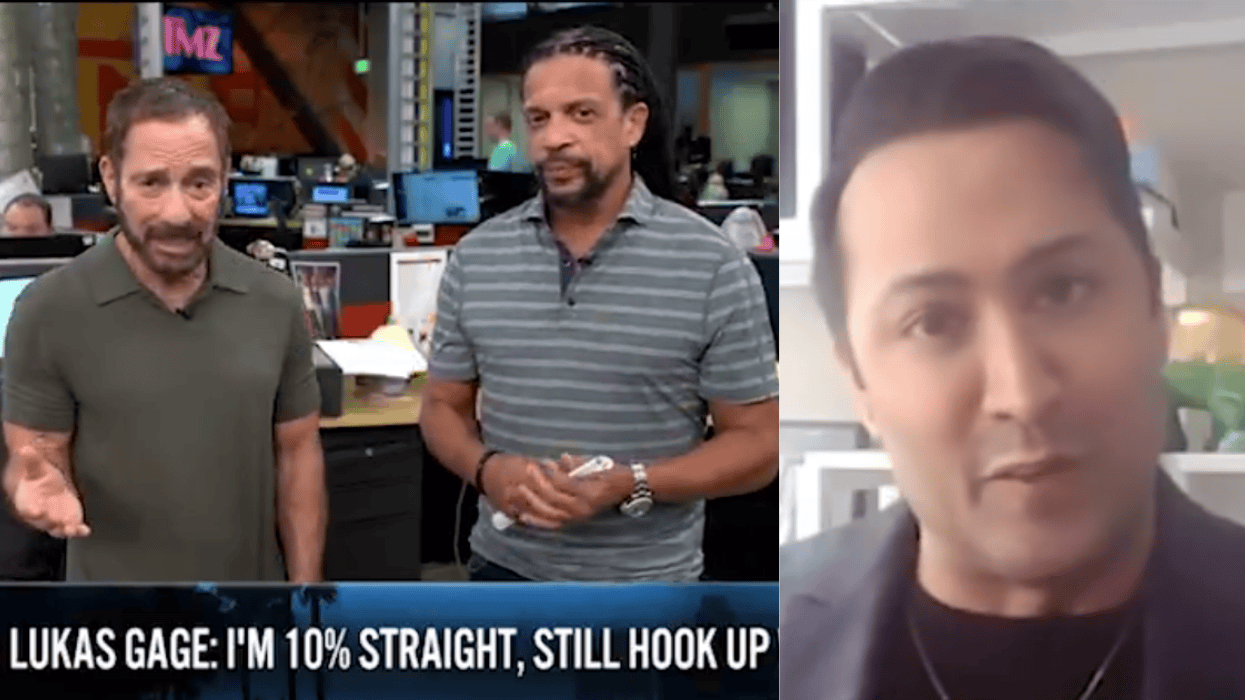
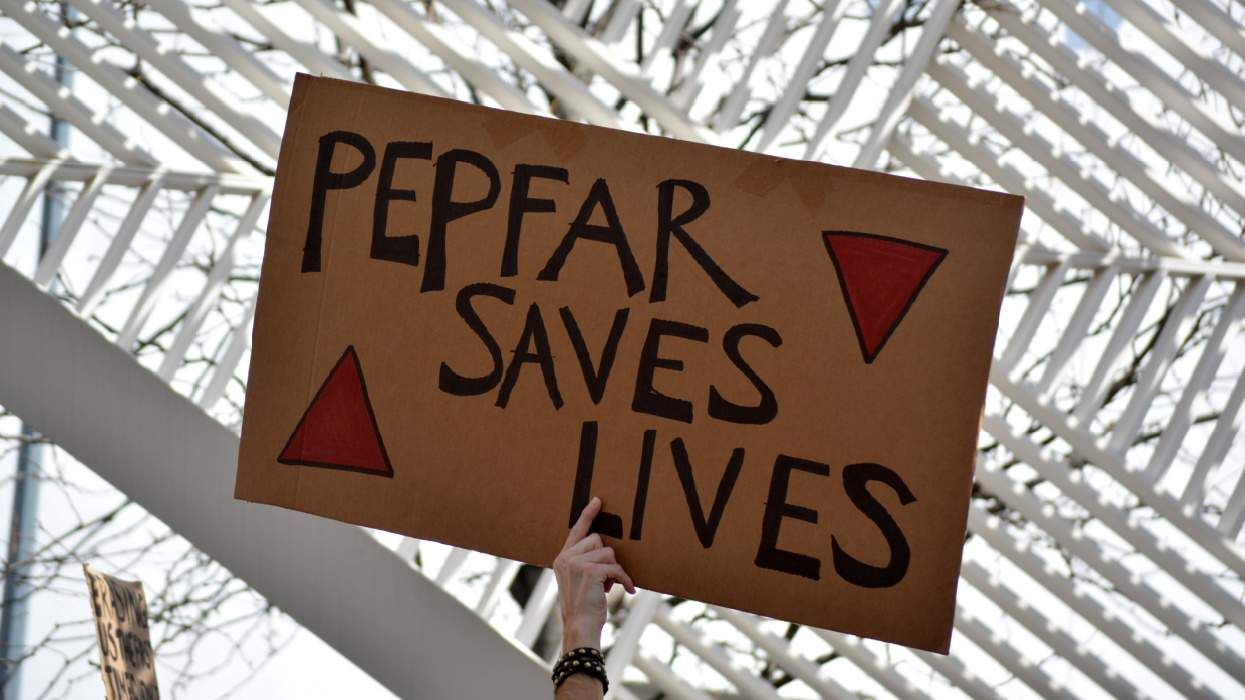
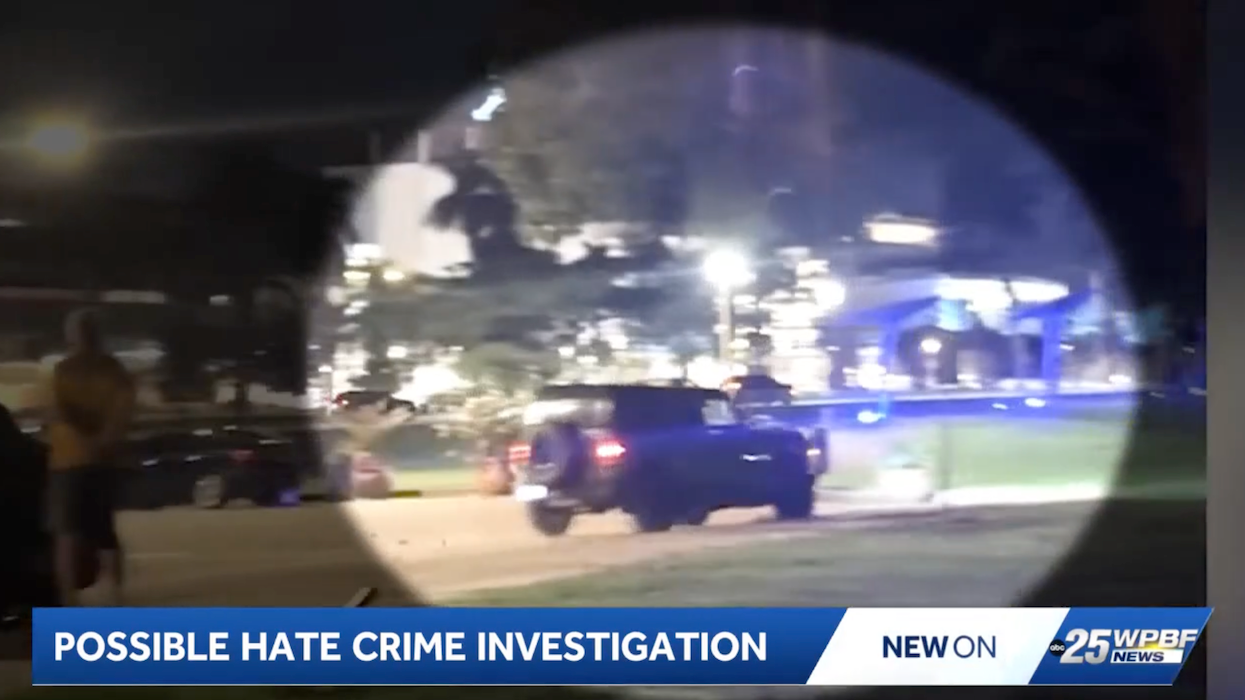
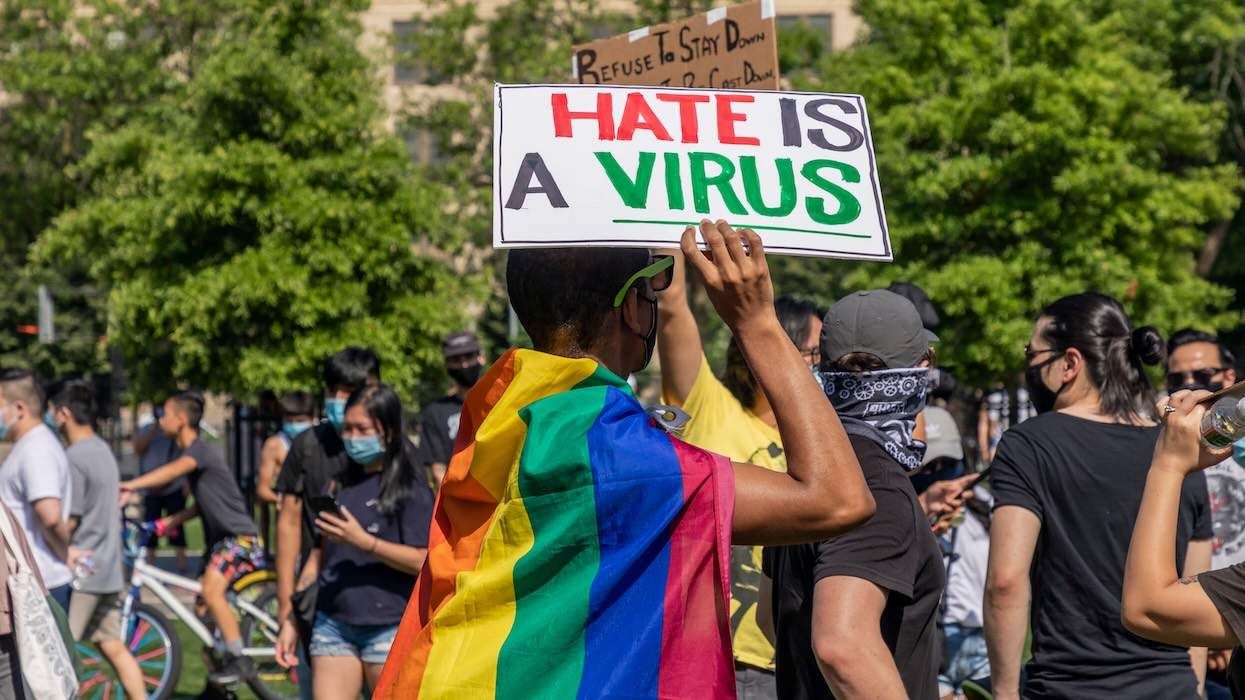



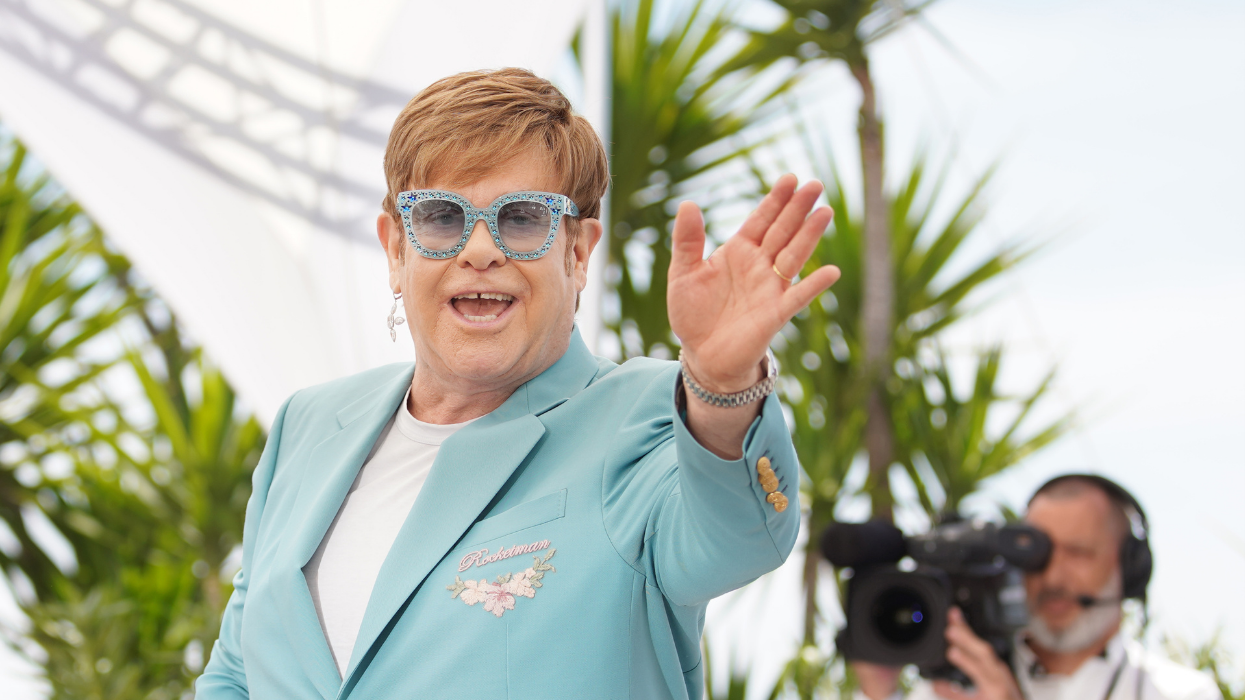
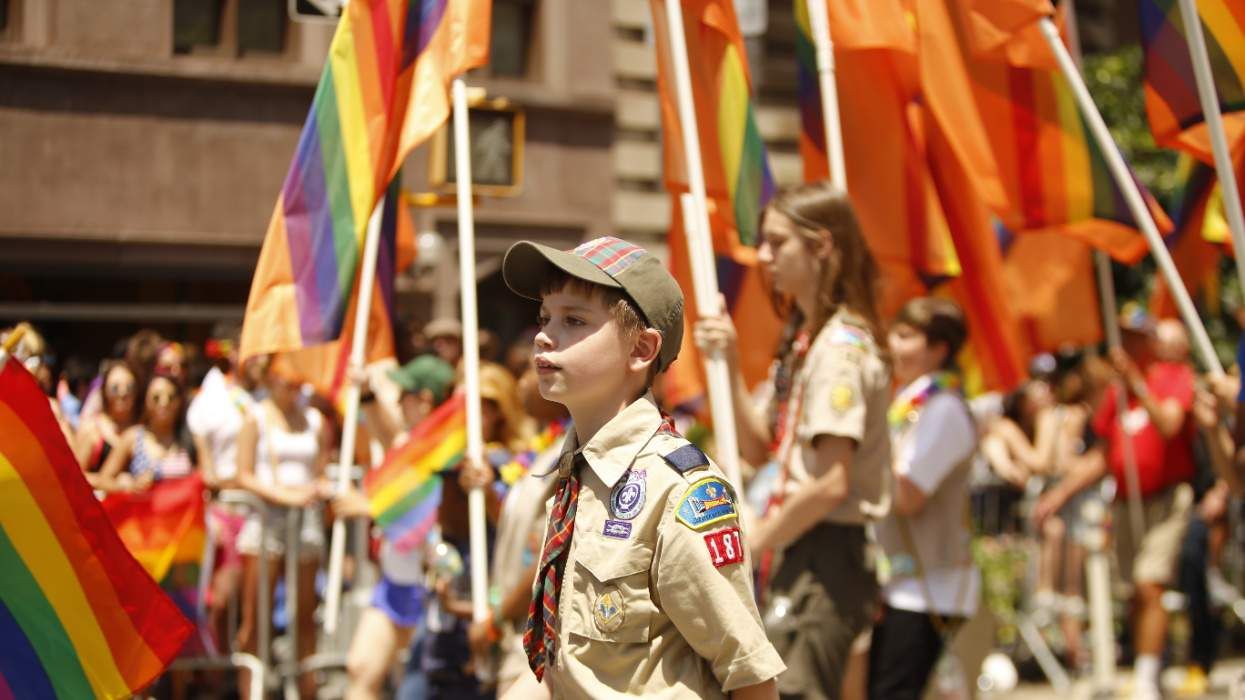

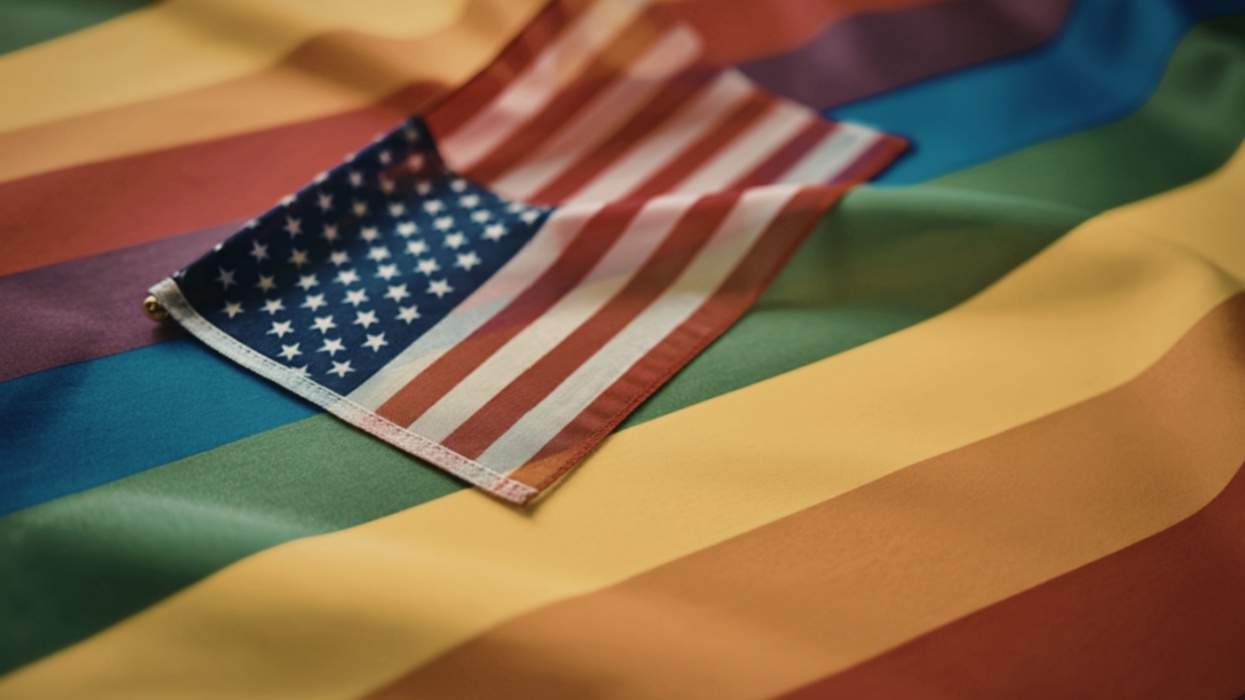

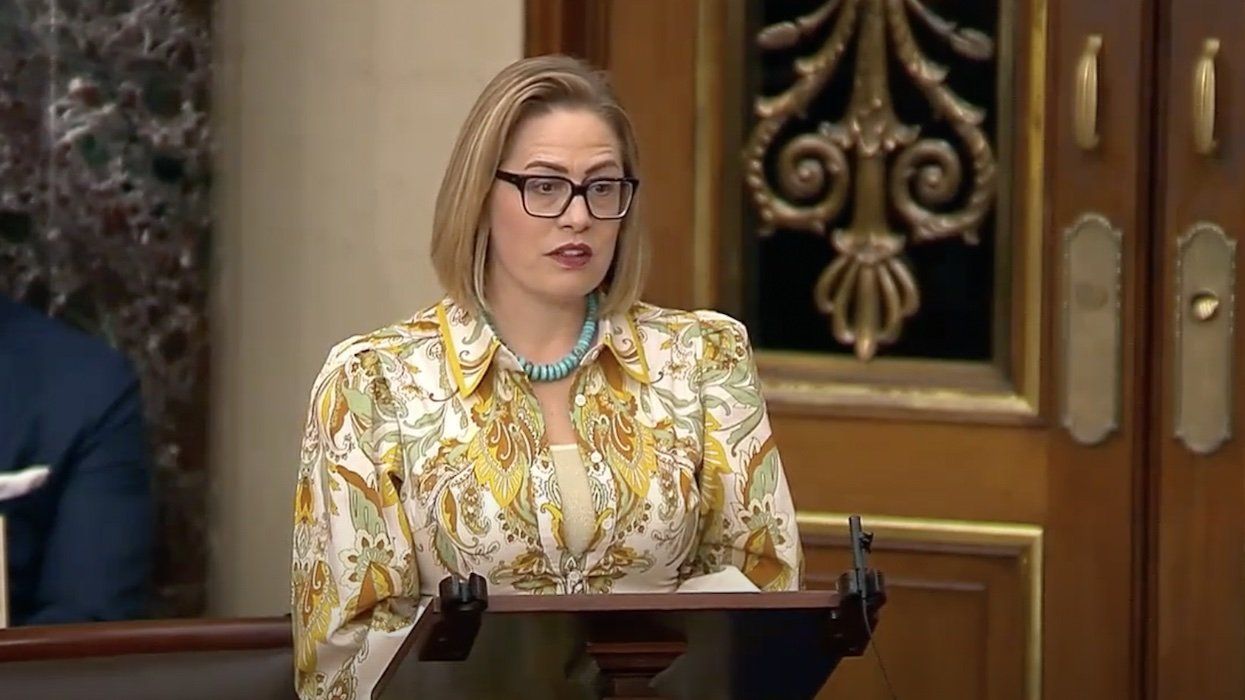
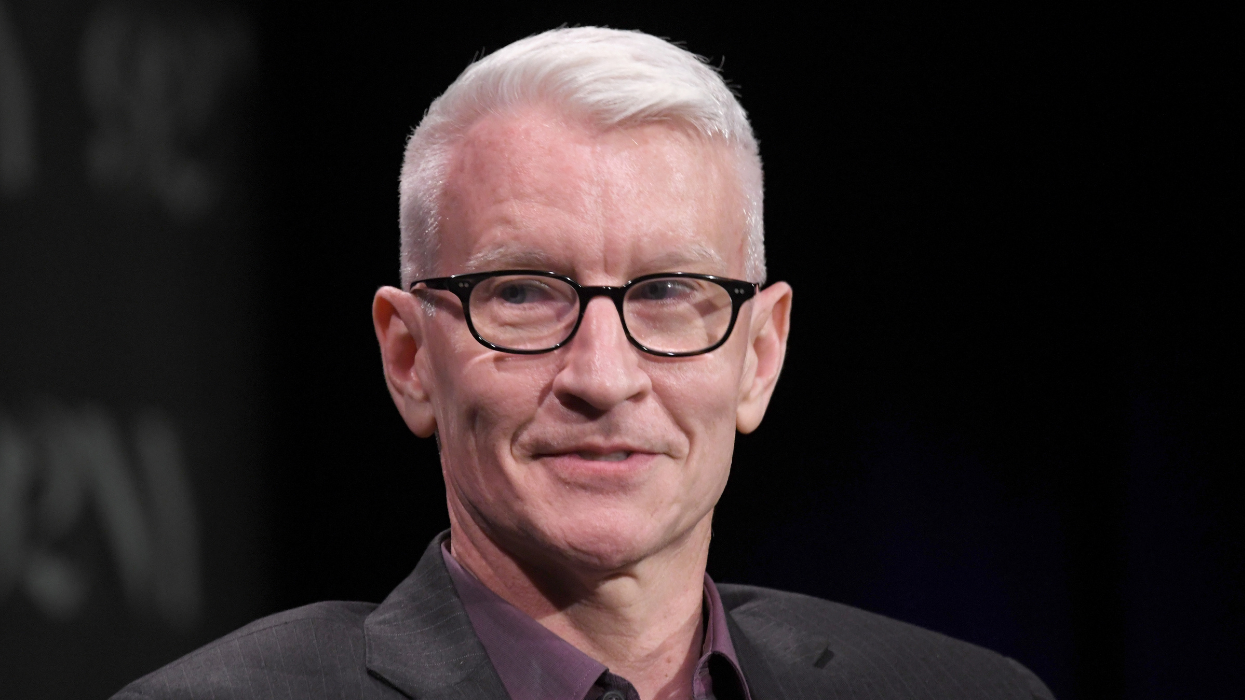
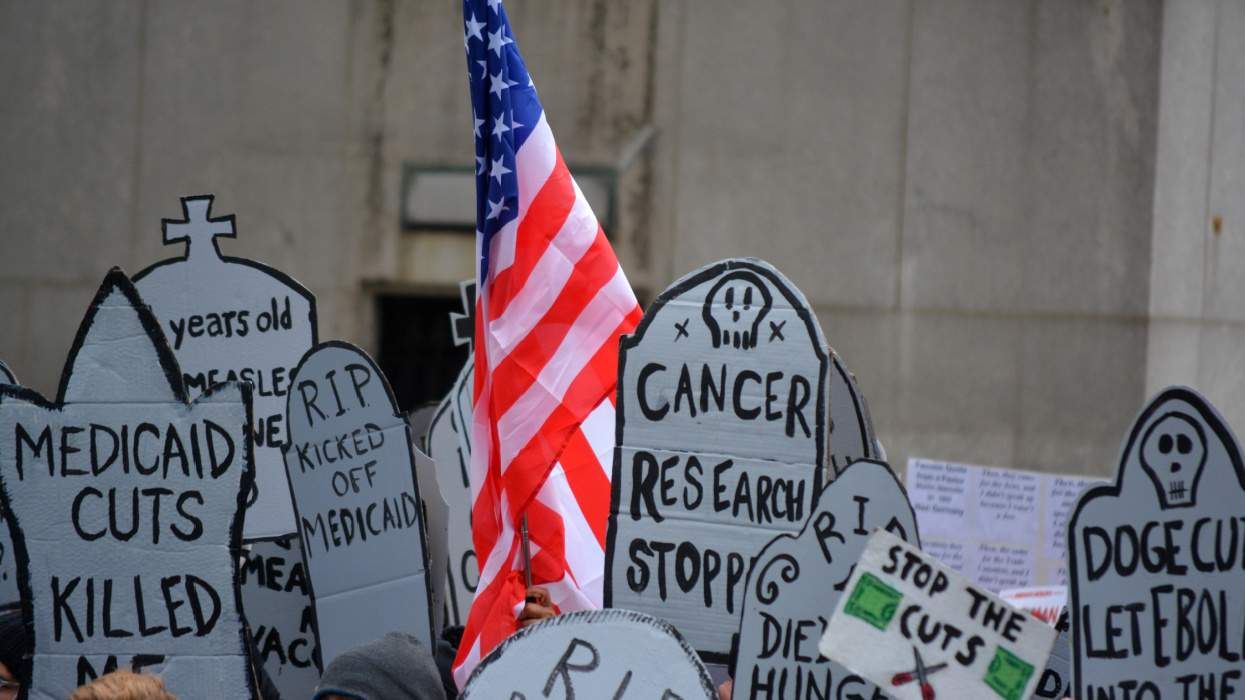

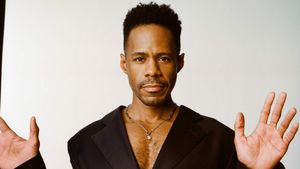























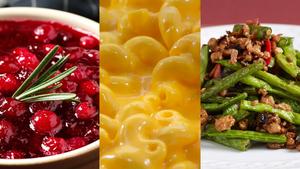
















Charlie Kirk DID say stoning gay people was the 'perfect law' — and these other heinous quotes